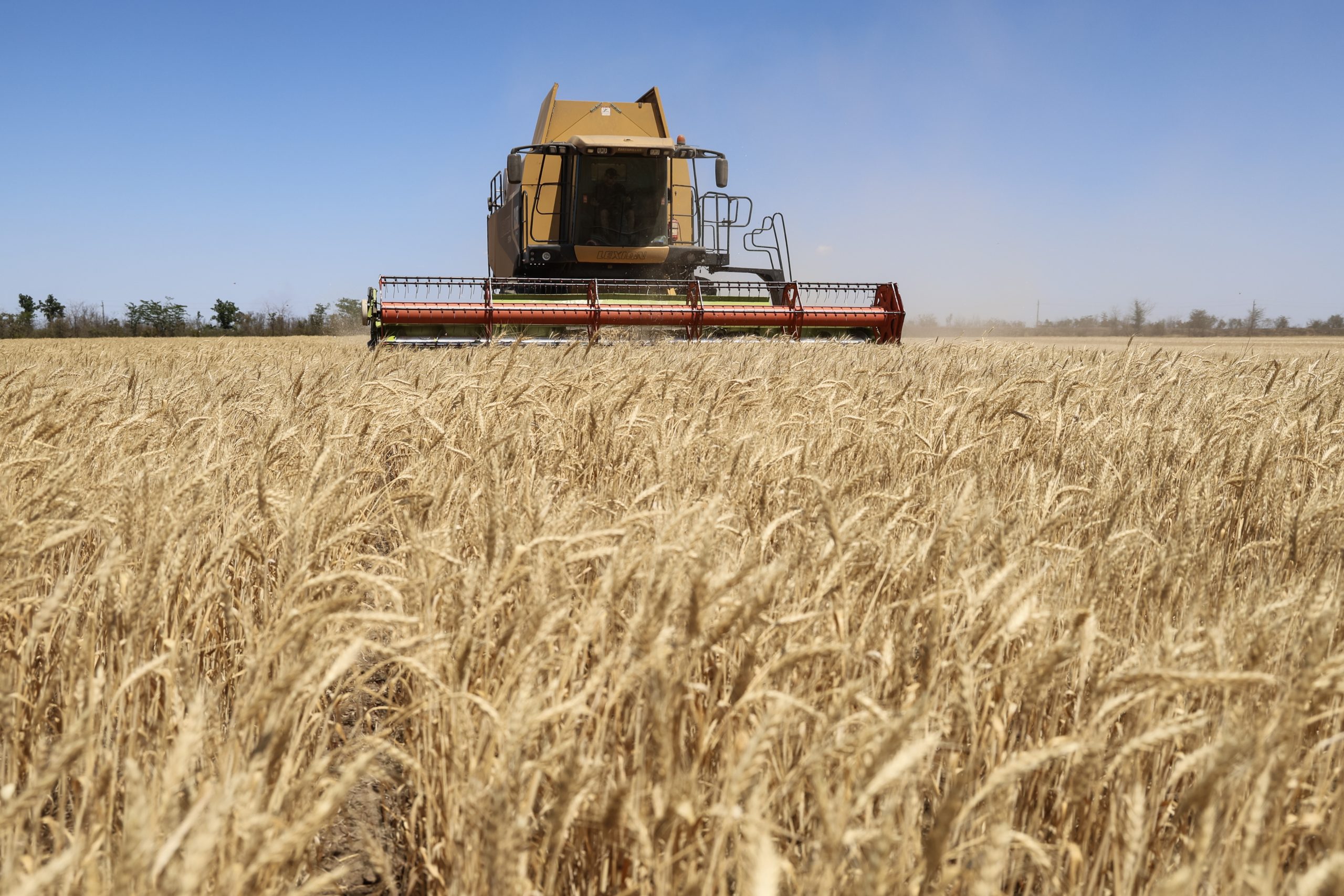Global Food Production Soars, Yet Hunger Persists: A Paradox?
While solemn memorials like the Irish Hunger Memorial in New York City serve as stark reminders of past famines, a seemingly contradictory trend is emerging globally: food production is at an all-time high. But, despite this abundance, hunger remains a persistent and devastating issue, claiming millions of lives worldwide. This paradox demands a closer examination of the factors at play, moving beyond simple production figures to understand the complex web of distribution, access, and systemic inequalities that contribute to food insecurity.
A Bumper Crop World, But Uneven Distribution
Researchers estimate a staggering 140 million people have perished from famine since 1870. While the Irish Famine is well-commemorated, other devastating events like the Bengal famine of 1943 and the Chinese famine of 1959-61, which claimed far more lives, often lack the same recognition. This disparity in remembrance highlights a broader issue: a tendency to overlook the ongoing struggle against hunger, even as global food production reaches unprecedented levels. The world is producing more food than ever before, thanks to advancements in agricultural technology, improved farming practices, and the expansion of cultivated land. However, this increased output doesn’t automatically translate to food security for everyone. The problem lies in the distribution, accessibility, and affordability of food.
Beyond Production: The Real Culprits
Several factors contribute to the disconnect between food production and food security. Conflict and political instability disrupt supply chains and displace populations, making it difficult to access food. Economic inequality prevents vulnerable communities from affording nutritious food, even when it’s available. Climate change is also playing an increasing role, with extreme weather events like droughts and floods impacting crop yields and exacerbating existing food shortages. Furthermore, food waste is a significant problem, with a substantial portion of the food produced globally being lost or wasted along the supply chain, from farm to table. Addressing these challenges requires a multi-faceted approach that goes beyond simply increasing food production.
Toward a More Equitable Future
To truly combat hunger, we must focus on creating more resilient and equitable food systems. This includes investing in sustainable agriculture practices that are less vulnerable to climate change, strengthening social safety nets to protect vulnerable populations, and promoting policies that reduce food waste and ensure fair access to resources. Furthermore, addressing the root causes of conflict and political instability is crucial for creating a stable environment where food security can thrive. Only through a concerted effort to address these complex challenges can we hope to break the cycle of hunger and ensure that everyone has access to the nutritious food they need to live a healthy and productive life.
Based on materials: Vox





